The Liberal government of Prime Minister Mark Carney will not table a federal budget this year, Finance Minister François-Philippe Champagne confirmed Wednesday, opting instead for a fall economic statement—a move opposition leaders and economists warn undermines Ottawa’s fiscal credibility amid mounting economic uncertainty.
The decision marks the first time since 2020, at the height of the COVID-19 pandemic, that Canada has gone without an annual budget. Champagne defended the delay, citing the need to prioritize passing a promised middle-class tax cut and a throne speech before Parliament adjourns in June.
“Canadians have seen the priorities we outlined during the campaign. We’re taking a step-by-step approach,” he told reporters.
BREAKING: Carney government says no Budget this year.
— Franco Terrazzano (@franco_nomics) May 14, 2025
This is a huge crack in Carney’s credibility.
You can’t be credible with the finances if you can’t even bother to put together a budget. pic.twitter.com/v1B04yuKCX
Conservative Leader Pierre Poilievre accused Carney, a former Bank of England governor hailed by Liberal supporters as an economic heavyweight, of abandoning accountability.
“After months of promising ‘serious leadership,’ Carney delivers delays and dysfunction,” Poilievre wrote on social media. “You don’t need a PhD in economics to know that hiding from a budget isn’t governance.”
The absence of a budget is politically conspicuous. While governments occasionally adjust fiscal timelines after elections, precedent suggests it’s avoidable: Former Prime Minister Stephen Harper’s Conservatives tabled a budget in June 2011, just weeks after that year’s May election. Carney’s team, by contrast, argues more time is needed to “factor out uncertainty,” pointing to volatile trade tensions with the US and sluggish global growth.
So, with ‘the best economist in the world*’ as the Prime Minister, we will not have a budget this year. Only a fiscal update in the Fall.
— Darshan Maharaja (@TheophanesRex) May 14, 2025
This raises many questions, but the first one is: What kind of an economist would operate like this?
* according to Liberal partisans. https://t.co/fXcdDnh1DZ
The delay strikes at the heart of Carney’s political brand. Once dubbed “the George Clooney of central banking” for his crisis-era stewardship of Canada’s and Britain’s economies, Carney campaigned on a pledge to restore “rigor” to federal finances.
Champagne insisted the fall update will provide a “substantive” fiscal picture, telling he wants to give Canadians “the best possible projection.” But analysts note the timeline aligns suspiciously with the US election in November—a potential inflection point for trade policy.
The delay comes as Canada’s economy sends mixed signals. Inflation has cooled to 2.9% but remains above the Bank of Canada’s 2% target. Unemployment sits at 5.7%, while housing costs and consumer debt levels strain households. The Bank of Canada recently cut interest rates by 25 basis points, but Governor Tiff Macklem cautioned that the path to lower inflation remains “gradual.”
Against this backdrop, opposition MPs argue a budget is non-negotiable. “Families and businesses need to know the rules of the game,” said NDP finance critic Daniel Blaikie. “Farmers facing US tariffs, auto workers in limbo—this government is leaving them in the dark.”
The government’s immediate focus is passing its marquee tax cut, which Carney has pledged to implement by July 1. Champagne said legislation will be introduced “in the coming weeks.”
Information for this briefing was found via CBC and the sources mentioned. The author has no securities or affiliations related to this organization. Not a recommendation to buy or sell. Always do additional research and consult a professional before purchasing a security. The author holds no licenses.

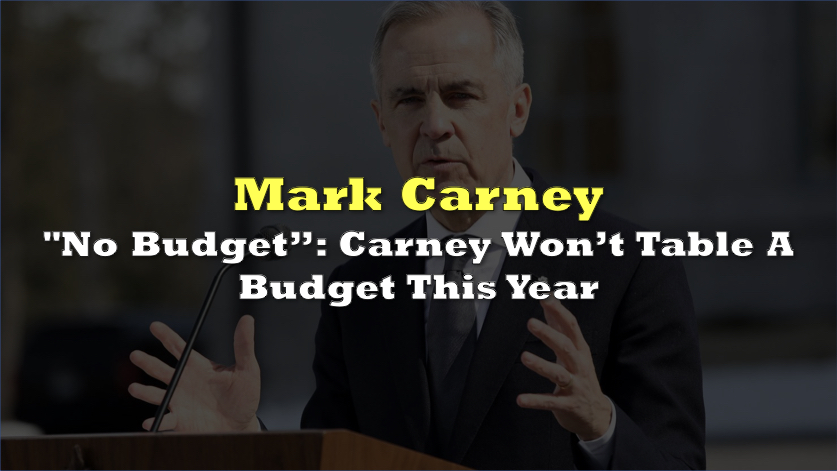



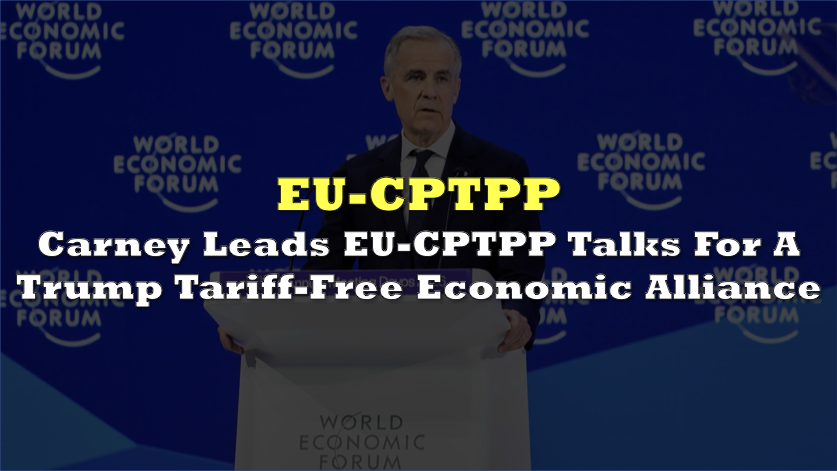
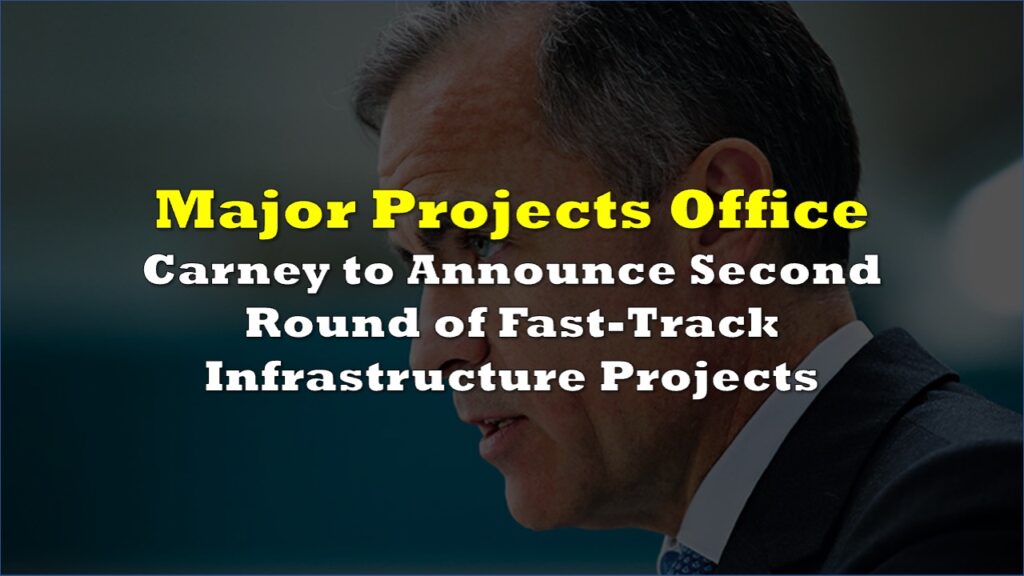
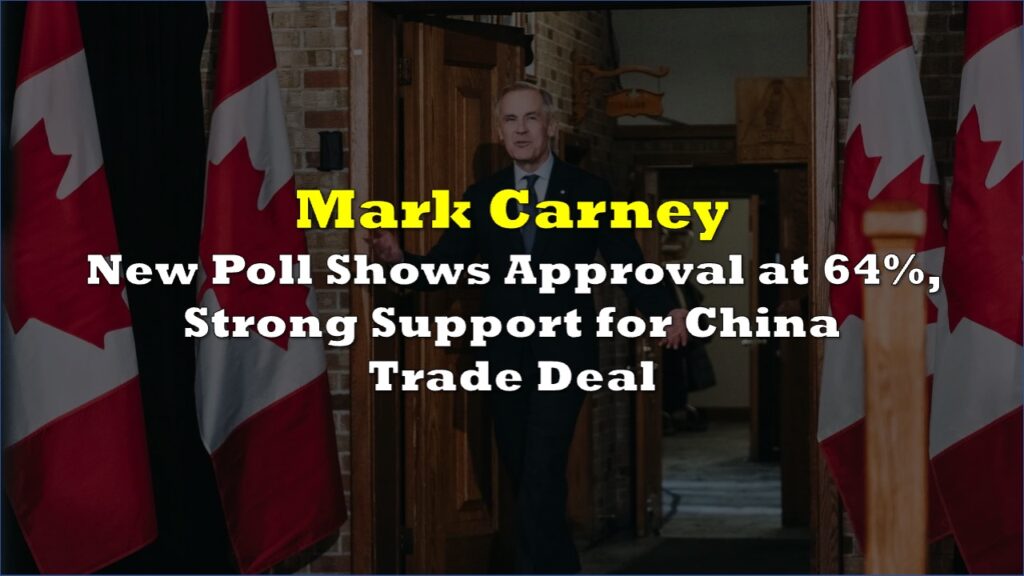
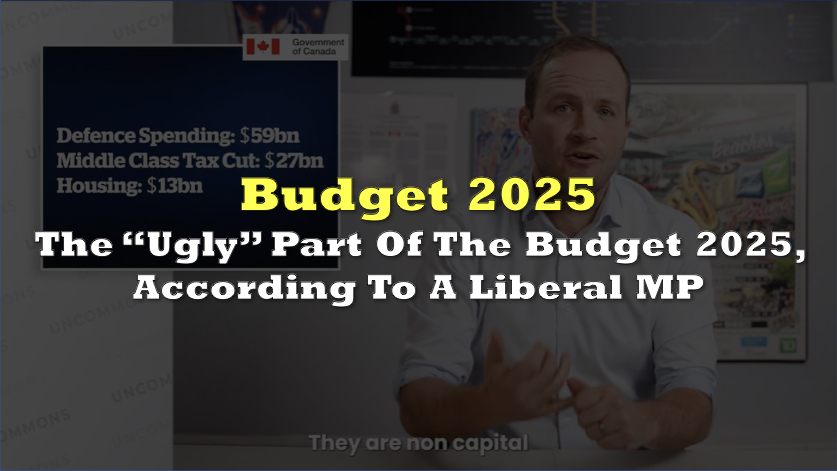
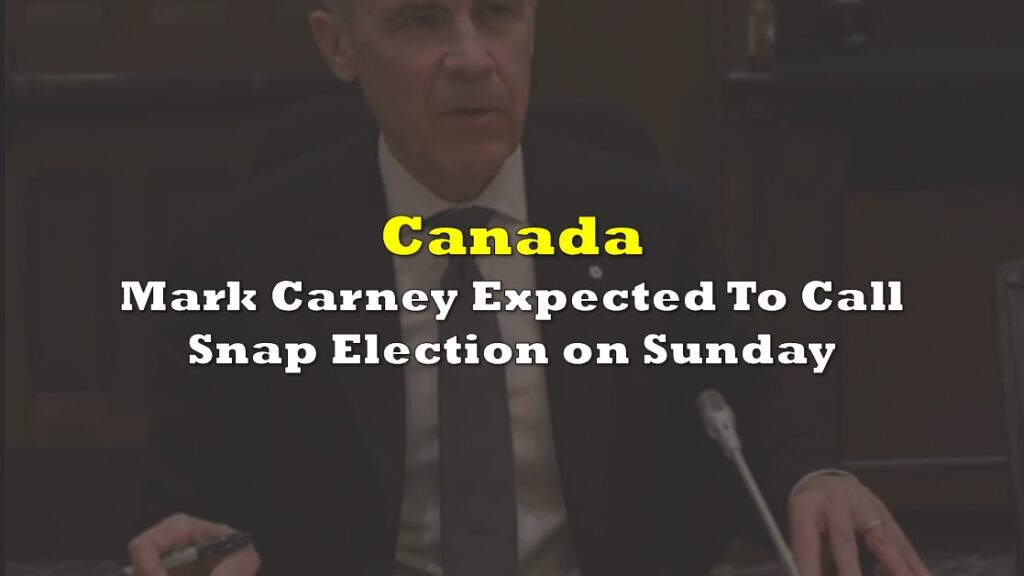
One Response
Good for Harper, who was not facing the global financial situation we are in now, nor the orange dufus to the south who is dishevelizing our economy on a daily basis. Sometimes you have to do things differently to get a different result. Which is it? Did the electorate want change with a drive to move our economy (67 page costed plan laid out for us)? Or, do they want the same old recipe? Perhaps we give them a chance to govern. It is not like they didn’t tell us what they were going to do.